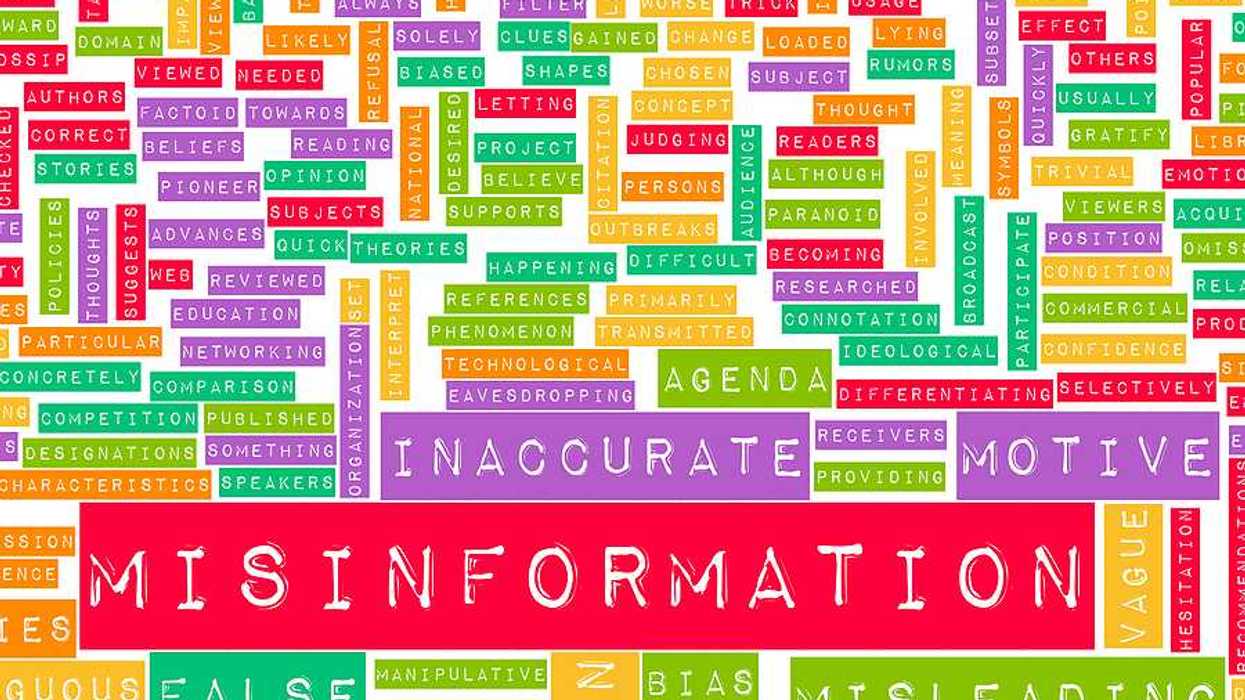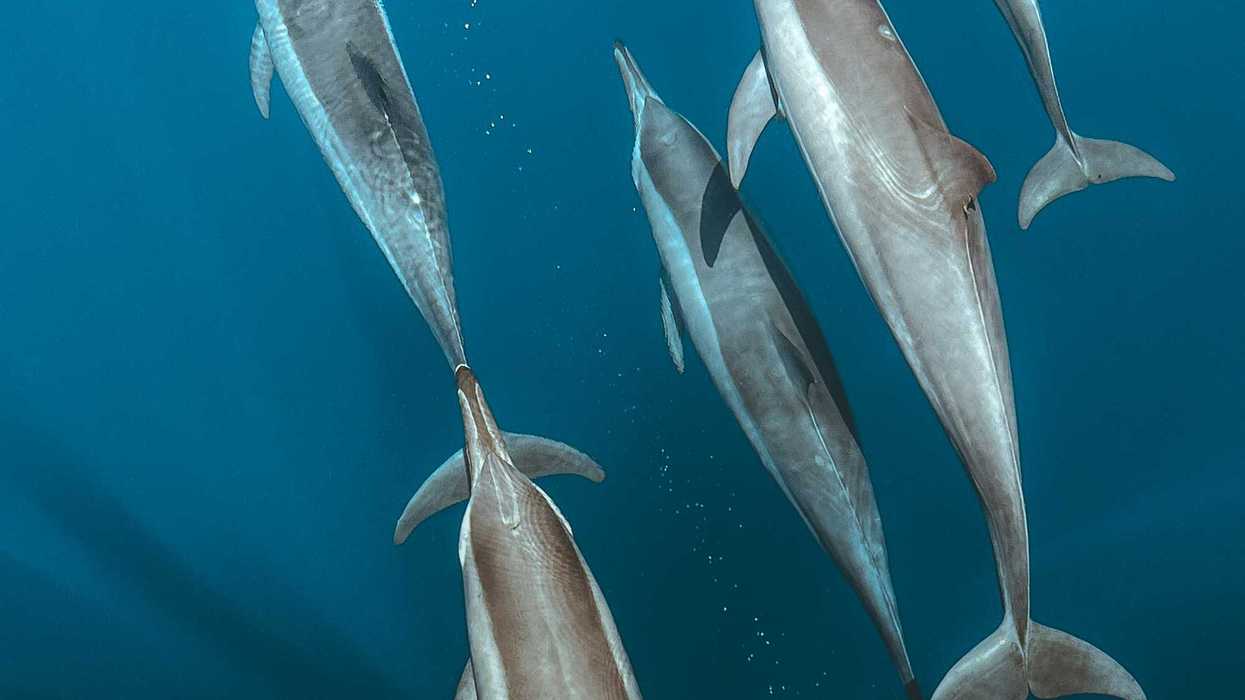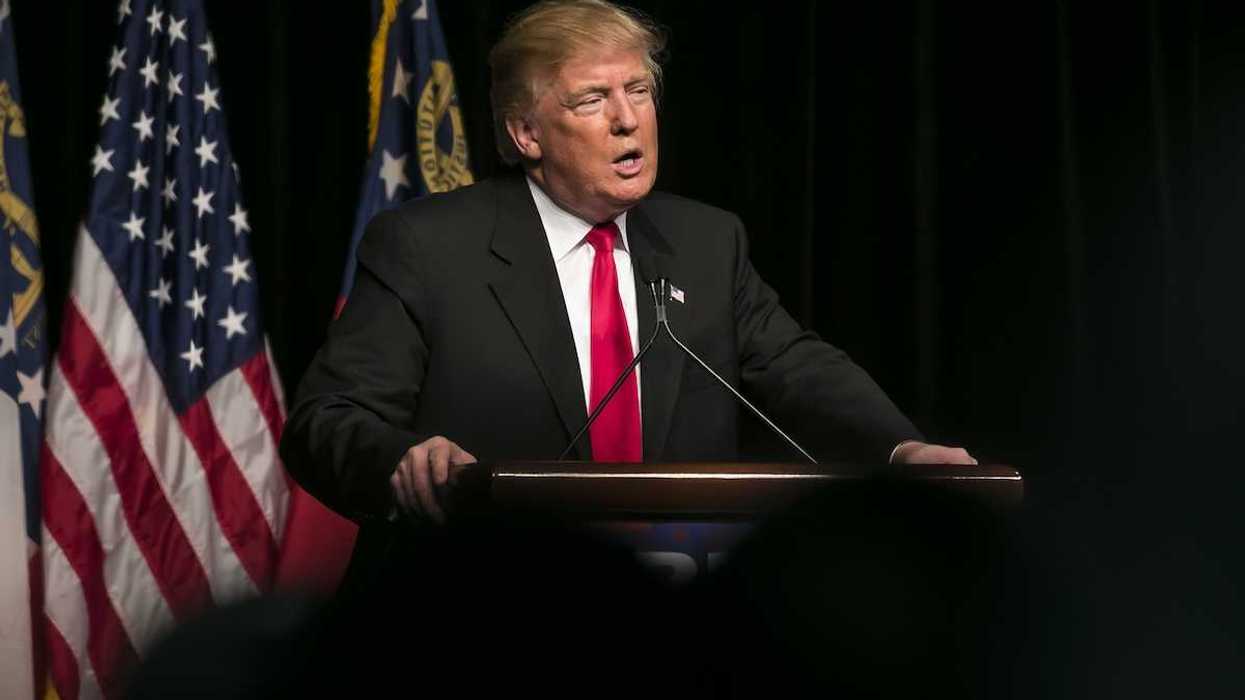Despite early promises to tackle PFAS pollution, the U.S. Environmental Protection Agency in the second Trump administration is backing away from key safeguards, funding, and enforcement.
Anna Clark reports for ProPublica.
In short:
- The EPA is delaying enforcement of drinking water limits for PFOA and PFOS until 2031 and reconsidering rules for four other PFAS, including GenX, despite years of research showing serious health risks.
- The agency has canceled over $15 million in research grants and slowed tracking of PFAS use, frustrating scientists who say EPA decisions now contradict its own evidence and earlier commitments.
- Staff cuts, grant reversals, and weakened enforcement are raising alarms about the agency’s ability to protect public health, even as communities like Cape Fear, North Carolina, still grapple with contaminated water and mounting legal battles.
Key quote:
“It’s just a big unanswered question whether this administration and this EPA is going to be serious about enforcing anything.”
— Robert Sussman, former EPA official
Why this matters:
PFAS — those toxic, persistent “forever chemicals” that don’t break down, build up in our bloodstreams, and are linked to everything from kidney cancer to low birth weight — are everywhere, from drinking water to food packaging to farm soils. But now, in a second go-around that feels more like rollback than reform, the EPA is quietly gutting the very protections it once claimed to champion. Pulling back on regulation and research means more exposure, less accountability, and continued harm to public health — especially in communities already hit hard.
Read more: What are PFAS?














